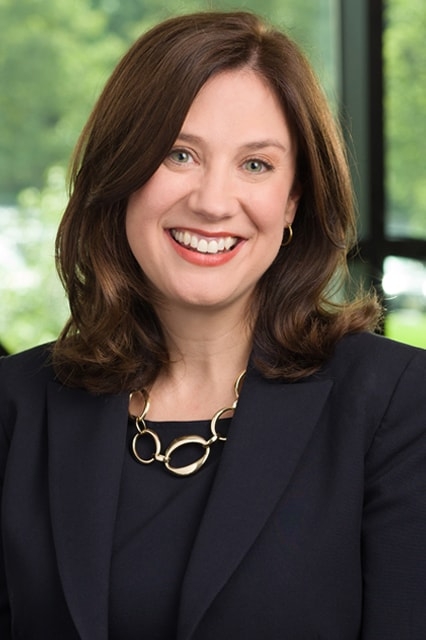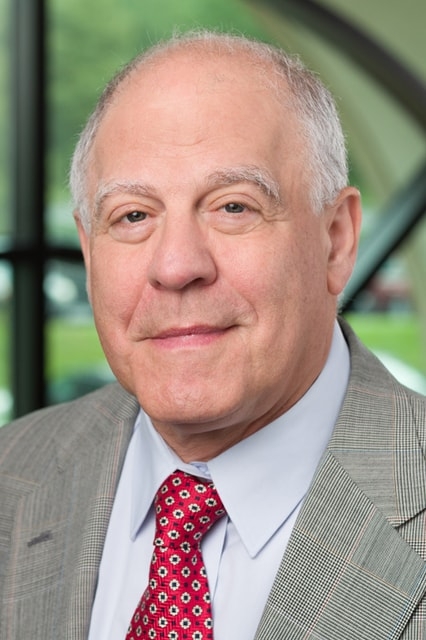Newly Enacted Uniform Trust Code Allows Modification of Irrevocable Trusts and Introduces Directed Trusts to New Jersey
New Jersey’s Uniform Trust Code (UTC) became effective on July 17, 2016. The UTC significantly revises many aspects of the law applicable to the creation and administration of trusts. With some limited exceptions, the UTC will apply to all New Jersey trusts, whether created before or after July 17.
This Alert summarizes two noteworthy provisions of the UTC which may be of interest to you:
Trust Modification
Creators of trusts (called “settlors”) have been routinely advised by counsel that an irrevocable trust agreement could not later be modified except through an often lengthy and costly Court process. However, under the UTC an irrevocable trust may now be modified under certain conditions; this will be of significant interest to trustees and beneficiaries of existing New Jersey irrevocable trusts.
In the years following the creation of a trust, circumstances often change. Even the most thoughtfully contemplated trust agreement may fail to address situations that subsequently arise, such as changes in the following: the personal and financial circumstances of a beneficiary of the trust, the tax laws, or legal or administrative requirements imposed on trustees.
The UTC now provides that a trust can be modified without Court involvement if all of the trustees and beneficiaries consent and the modification is not inconsistent with a material purpose of the trust. The consent of the settlor of the trust is not required. If only some of the beneficiaries consent, a Court can still permit modification of the trust if the Court is satisfied that the interests of non-consenting beneficiaries are adequately protected.
Directed Trusts
Another noteworthy provision of the UTC is that New Jersey now joins a number of other jurisdictions that allow “directed trusts.” A directed trust places the investment authority with respect to the trust assets in the hands of a third party referred to as an “investment adviser” rather than the trustee.
Directed trusts can be useful in instances where a settlor wants to contribute assets such as stock in a closely-held business, a partnership or membership interest in a real estate entity or a vacation home to a trust. The settlor may want the benefits of having a corporation, bank, trust company or non-family members serve as trustee of the trust; however, he or she may also want the benefits of having a family member, friend or trusted advisor direct the investment of the trust assets due to the nature of those assets and/or voting restrictions in the governing documents. Prior to the enactment of the UTC, there was no statutory authority in New Jersey to divide these duties.
Trustees are often reluctant to administer a trust that owns these types of assets because the business may fail or the underlying real estate may decline in value. In addition, if a trustee does not diversify the trust assets, it may face potential liability. The UTC mitigates much of the concern because it allows a division between general trust administration and investment responsibilities. The trustee will make investments at the direction of the investment advisor and therefore does not have a fiduciary duty to diversify. Absent willful misconduct or gross negligence, the trustee will not be liable for following the direction of the investment adviser.
If you have questions or you would like to discuss the impact of the UTC on an existing trust or the possible modification of such a trust, please contact one of Chiesa Shahinian & Giantomasi’s trusts and estates attorneys.
David L. Schlossberg | Chair, Tax, Trusts & Estates Group | dschlossberg@csglaw.com | (973) 530-2010
Daniel A. Swick | Member | dswick@csglaw.com | (973) 530-2174
Roxanna E. Hammett | Member | rhammett@csglaw.com | (973) 530-2039
Sean M. Aylward | Vice Chair, Corporate Group | saylward@csglaw.com | (973) 530-2105
Michelle Bergeron Spell | Member | mspell@csglaw.com | (973) 530-2177
Carl B. Levy | Of Counsel | clevy@csglaw.com | (973) 530-2035
William F. Healey | Counsel | whealey@csglaw.com | (973) 530-2182
Glenn J. Christofides | Associate | gchristofides@csglaw.com | (973) 530-2167





